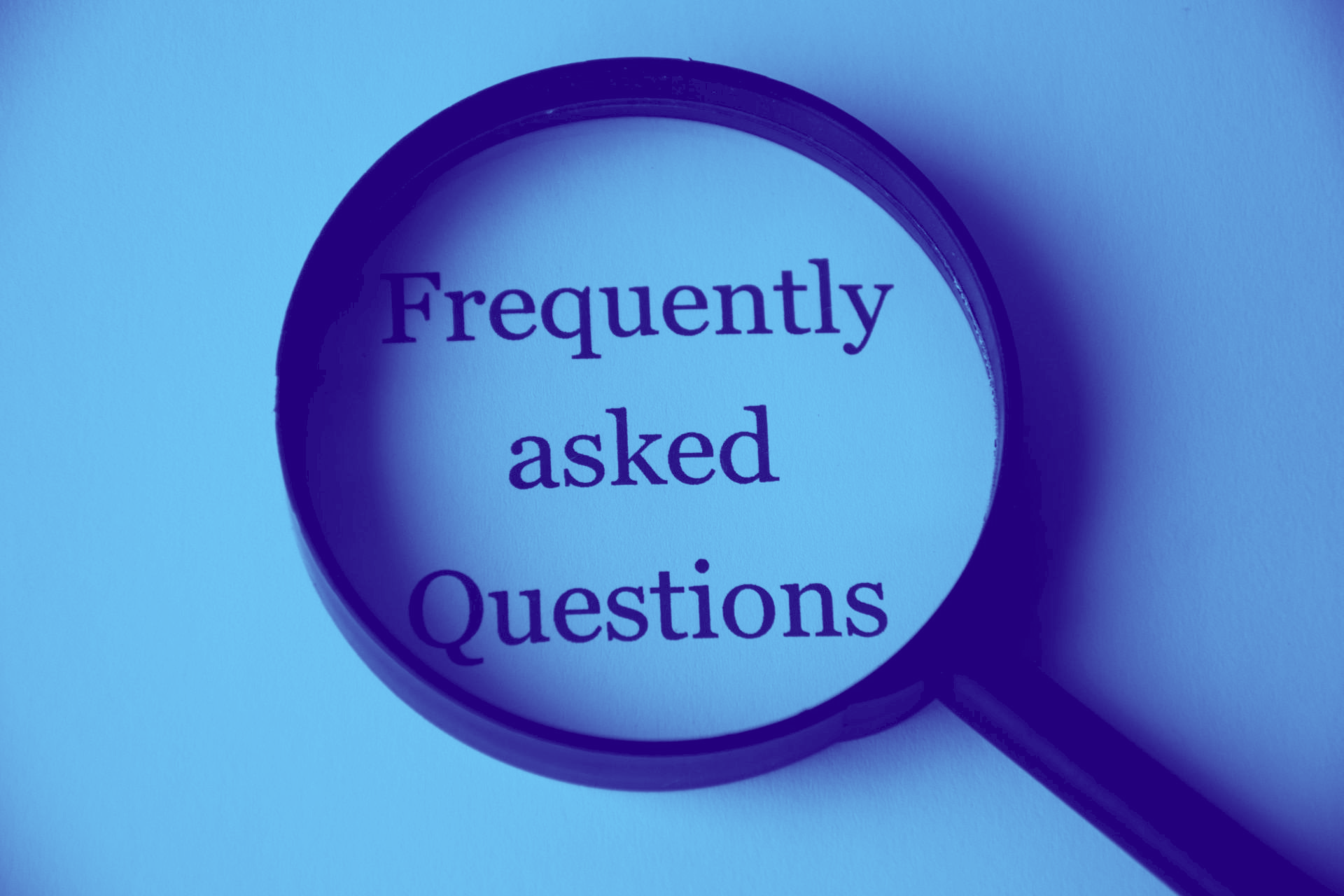Gone phishing ... don't get caught by postal delivery scams
How to spot and avoid getting caught out by fraudulent postal cost messages
Online scams are on the increase
Over the last 18 months more of us have been buying goods online, and with access to shops restricted, and people looking to fill their time with new hobbies, there has been a welcome boost for some businesses in these difficult times.
Unfortunately, it’s also been seen as an opportunity by criminals.
There has been a surge in online fraud reports including scams sent via text and email about missed deliveries, additional fees for packages, and redeliveries. Some of these have been very sophisticated and it can be very hard to tell at first glance whether the email or text is genuine, so how can you tell?
The Royal Mail has a list of the latest scams it’s been alerted to, but here are a few to look out for, and a few tips to keep in mind with any new potentially fraudulent messages you receive. If you have received one of these texts or emails, visit the Royal Mail site to report the scam now.
If you are in any doubt, don't click anything!
We are used to businesses contacting us via our mobiles, letting us know deliveries are on the way, or any delays. Our initial reaction may be to click and respond to their questions, so it can be tempting to click. But, by filling in your details to see if the email or text message is genuine, you may be opening yourself up to having malware installed on your device, and having personal details stolen and used.
Here are a few fraudulent messages that have been reported
Text scams
Example One
We attempted to deliver your package at 19.05 on Wednesday, 26 May 2021 but no one was available.
Your parcel was returned to our depot and you need to reschedule your package delivery.
Please reschedule your package delivery by pressing here (bit.ly link)
Example Two
Your Royal Mail parcel is waiting for delivery. Please confirm the settlement of 2,99 (GBP) on the following link: (bit.ly link)
Example Three
Royal Mail: Your package has a £2.99 shipping fee, to pay this now visit royalmail-redelivery.support. Actions will be taken if you do not pay this fee.
The links in these texts all take you to scam sites asking for payment.
Most of these scam sites with have a URL closely resembling a real Royal Mail or other well established delivery company website, and they may even have replicated the look of the page in an attempt to fool even those who are suspicious.
Email scams
As with the texts, these look official, and are designed to replicate Royal mail or other popular delivery company websites. The key giveaways are the email addresses and URLs they use, which while they are close to the official ones, are not correct. They often have dates on them that look recent, but everything else is false and designed to make you click and complete personal information which they collect, or worse, take payment details they can use to access your bank account.
Some examples seen are below:
Example One
Email subject: Your package could not be delivered on 25/05/2021 (the date will change)
Sender: Royal Mail Group Ltd (various email addresses may be used including press.office@royalmail.com)
The email informs you that your package could not be delivered due to no custom duty being paid.
Example Two
Email subject: We attempted to deliver your package at 09:35
Sender: RoyalMail Delivery, various email addresses are used
The email informs you that you have missed a package delivery from HMRC Revenue & Customs and gives a link to reschedule the delivery.
Example Three
Email Subject: Delayed Package Delivery !
Sender: Various senders are used
The email informs you that you have a package and that payment is required before it can be delivered.
The payment amount and currency may change.
Email subject: YOUR PACKAGE #LZ8942357486EN IS ON THE WAY
The subject, sender, date and link may change.
The email informs you that you have a package awaiting collection and that payment of £1.00 is required to collect.
The links in these emails all take you to scam sites asking for payment.
Reporting potential scams to Royal Mail
Royal Mail ask that if you receive one of these texts or emails or see a Royal Mail website which you believe to be fraudulent, then you report it to them to deal with using this email:
reportascam@royalmail.com
- For suspicious emails, forward the email to reportascam@royalmail.com, do not click on any links or attachments and then delete it from your inbox.
- For suspicious text messages, please send us a screenshot of the message to reportascam@royalmail.com.
- For suspicious calls or websites, please include the phone number or website address in the body of the email.
If you have been a victim of one of these crimes, then you need to report it to the police and get a crime reference number for it.
If you’ve given them any of your personal data or bank account t details then you should also contact your bank to inform them, and report to Action Fraud.
Texts should be reported and the text itself forwarded to 7726, this is a free text so you will not be charged for this. An easy way to remember this is to spell put the word ‘SPAM’ on your phone keypad.
How can I spot a fraudulent message?
As mentioned, these are becoming increasingly more sophisticated as people become more tech savvy and aware, they have upped their game. Some of these have even fooled the experts, so if you have been caught out, there is no need to feel foolish, this is entirely the fault of the criminal.
- Authority - Does the message claim to be from someone official? For example, your bank, doctor, a solicitor, or a government department. Criminals often pretend to be important people or organisations to trick you into doing what they want.
- Urgency - Does it tell you that you have limited time to respond (such as 'within 24 hours' or 'immediately')? Criminals often threaten you with fines or other negative consequences.
- Emotion - Does the message play upon your fears or insecurities, or make you curious and hopeful? Criminals often use threatening language, make false claims of support, or tease you into wanting to find out more.
- Scarcity - Is the message offering something in short supply, like concert tickets, money, or a cure for medical conditions? Fear of missing out on a good deal or opportunity can make you respond quickly.
- Current events - Criminals often exploit current news stories, big events or specific times of year (like tax reporting or Christmas deliveries) to make their scam seem more relevant to you.
I think the message is genuine, but I’m not sure …
It could be that the message is real, or you might be waiting for a communication from an organisation and need to know if it’s real or not.
Here are a few things to try to help you determine if the message is real.
- Check a source you can trust Visit the official website, log in to your account, or phone their advertised phone number. Make sure you don't use the links or contact details in the message you have been sent or given over the phone.
- Check to see if the official source has already told you what they will never ask you. For example, your bank may have told you that they will never ask for your password.
I’ve already opened and responded! What can I do?
If you've already responded to a suspicious message, take the following steps:
- If you’ve been tricked into providing your banking details, contact your bank and let them know.
- If you think your account has already been hacked (you may have received messages sent from your account that you don't recognise, or you may have been locked out of your account), refer to the government guidance on recovering a hacked account https://www.ncsc.gov.uk/guidance/recovering-a-hacked-account
- If you received the message on a work laptop or phone, contact your IT department and let them know.
- If you opened a link on your computer, or followed instructions to install software, open your antivirus (AV) software if you have it, and run a full scan. Allow your antivirus software to clean up any problems it finds.
- If you've given out your password, you should change the passwords on any of your accounts which use the same password.
- If you've lost money, tell your bank and report it as a crime to Action Fraud. By doing this, you'll be helping the battle against criminal activity, and in the process prevent others becoming victims of cyber crime.
With all this in mind, we hope that you continue to be safe from criminal activity. Sending mail and parcels through the post is a very safe way to deliver items to friends and businesses, and you should continue to do so. If you are sending large volumes of post you might consider a franking machine, or folder inserter to make life a little easier, along with other mailroom automation machinery that takes time consuming manual work out of posting mail.
If you want to find out more about mailroom equipment from IMS, either fill out the form on our contact page, or get in touch via the Live Chat pop up in the bottom right of your screen.
Alternatively, call us on 0118 982 0988 or email info@ims-franking.co.uk.
If you have an questions about franking, just leave us a message on the form below:













